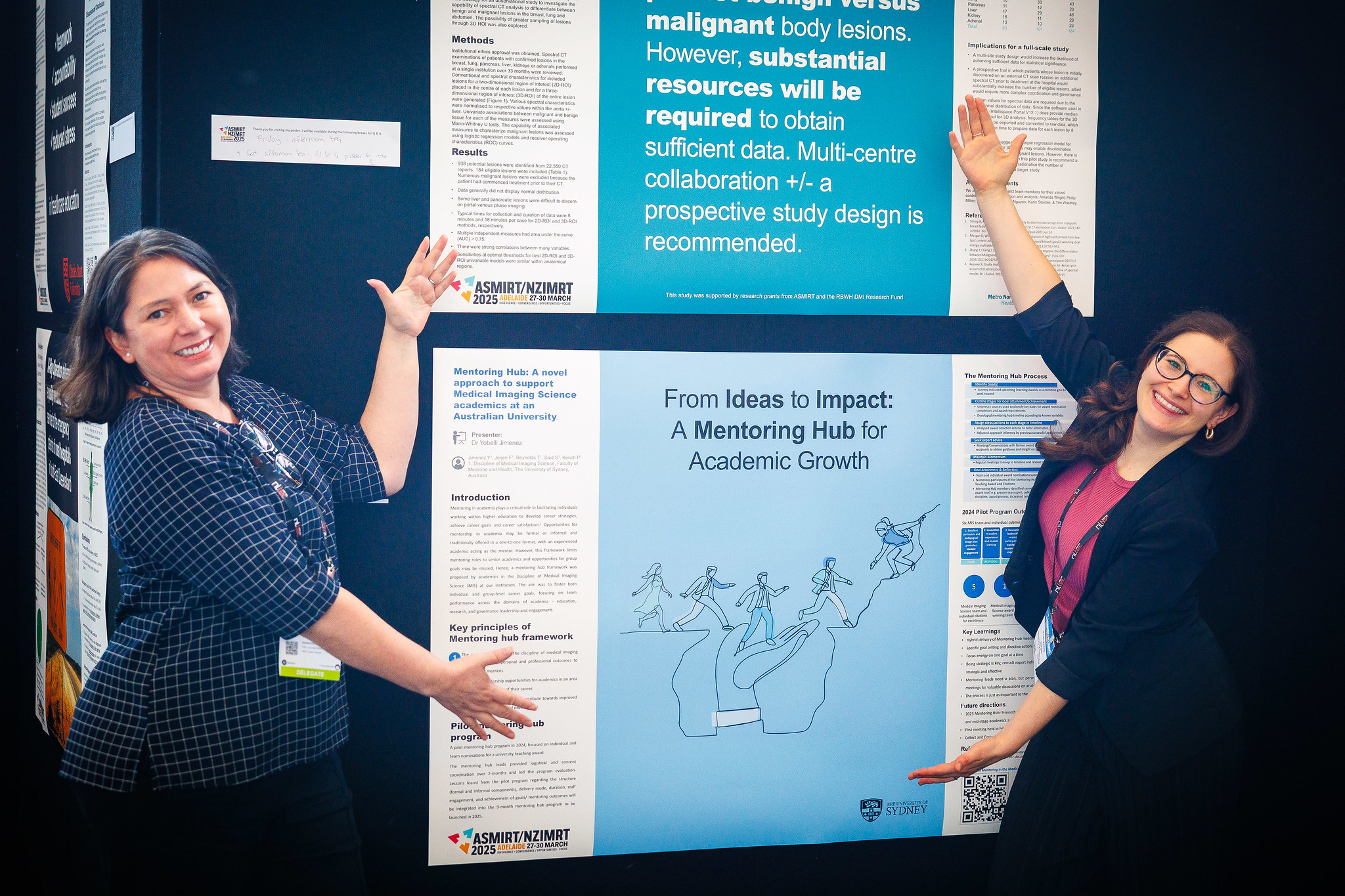
Listen
Contribute your voice to the conversations shaping the future of medical radiation sciences. Submitting an abstract gives you the opportunity to share your insights with peers who are eager to learn, reflect, and grow together.
Adapt
Demonstrate how you or your team have embraced change—through innovation, clinical improvement, or reimagined practice. Your experiences can empower others facing similar challenges across the profession.
Discover
Share your research, case studies, or innovative ideas that challenge the status quo and inspire new thinking. ASMIRT 2026 offers a platform to showcase discoveries that drive innovation, fuel curiosity, advance the profession, and enhance patient care.

A full day of workshops will be held on Thursday 26 March 2026 at the Hotel Grand Chancellor Hobart. Interactive workshops will range from 1.5 hours to half or full day sessions.
Workshop submissions for ASMIRT 2026 are now closed.
For any queries regarding ASMIRT 2026 workshops, please contact conferences@asmirt.org
ASMIRT 2026 will feature a range of oral presentation formats designed to showcase diverse voices and insights across the medical radiation sciences.

ASMIRT 2026 invites authors to showcase their research, clinical experience, or innovative ideas through physical poster displays, featured in the mezzanine foyer throughout the conference.
The poster design concept is tailored to help attendees easily identify the core message, key outcomes, and learning points of your work—maximising visibility and impact.
Authors are encouraged to be available during one or more conference breaks to engage with delegates, answer questions, and discuss their findings in more detail.
Present your work in a visually compelling format that sparks curiosity, conversation, and collaboration.
Abstract submissions have now closed.




